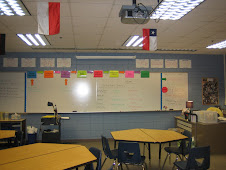
Margaret Atwood was born in Ottawa, Ontario, in 1939.
Atwood was raised a strict agnostic, and she believes atheism is a religion.
Her formal degrees are from the University of Toronto and Radcliffe College. She has also received 16 honorary degrees.
She is Canada's most eminent novelist and poet.
Her novels include strong women characters, and the books explore contemporary issues and sexual politics.
Her novels: The Edible Woman (1969); Surfacing (1973); Lady Oracle (1977); Life Before Man (1980); Bodily Harm (1982); The Handmaid's Tale (1986); Cat's Eye (1989); The Robber Bride (1993); Alias Grace (1996); The Blind Assassin (2000); and Oryx and Crake (2003),
The Handmaid's Tale film was released in 1990, and the book was recently staged as an opera.
For more information on Margaret Atwood, read her full biography at Contemporarywriters.com.
View this ten-minute clip of a Bill Moyers interview with Margaret Atwood to hear first-hand some of the political and religious beliefs that influenced The Handmaid's Tale.
After viewing the clip, respond in your journal to one of the following Atwood quotations from the video clip. Your personal response should be at least one full-paragraph. You may also wish to make connections between the quotation and films, books, and current events.
- "When societies come under stress, these kinds of things happen. People start looking around for human sacrifices--for someone they can blame."
- "In order to preserve our freedoms, we have to give them up for now."
- "The theocracy that I put in The Handmaid's Tale never calls itself Christian. In fact, it never says anything about Christianity . . . . The slogans are all from the Old Testament."
- "I believe in the America of Thoreau. Thoreau, the conscientious objector. Thoreau, the man who stood upon his principles."







